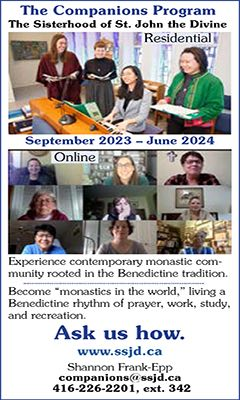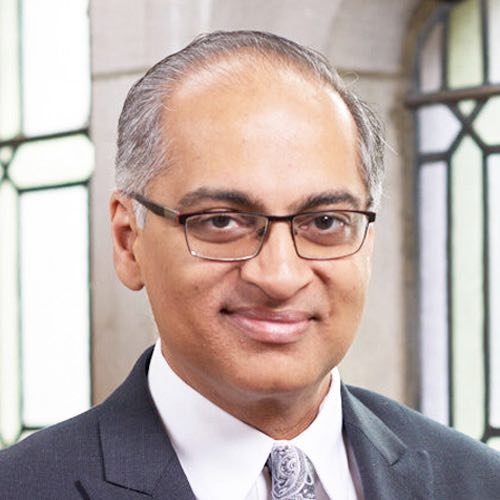Disenchantment, re-enchantment and misenchantment: these are the central terms and themes of a course I’m teaching this semester. In one of my lectures at the upcoming We Together conference (April 12-13), I’ll speak about these terms. Here, I offer a brief preview.
The prominence of the term “disenchantment” is due to the work of the famous German sociologist Max Weber. In his immensely influential essay “Science as a Vocation,” Weber described modernity as a time of disenchantment. What did he mean?
First a word about context. The essay was initially a lecture — given in 1917 as Germany neared defeat in WWI — responding to anxious students who asked Weber to clarify the meaning and purpose of academic work, and the meaning of science as a vocation or a calling in particular. During his remarks, Weber says the following about what science means:
“It means something else — the knowledge or the belief that, if one only wanted to, one could find out any time; that there are in principle no mysterious, incalculable powers at work, but rather that one could in principle master everything through calculation. But that means the disenchantment of the world. One need no longer have recourse to magic in order to control or implore the spirits, as did the savage for whom such powers existed. Technology and calculation achieve that, and this more than anything else means intellectualization as such.”
There’s that most famous phrase: “the disenchantment of the world.” To be a modern, according to Weber, is not necessarily to know more than premoderns. It only means we believe that we can know just about anything — and that knowledge will not require an appeal to magic or any “mysterious, incalculable powers at work” in the world. Calculation, or reason, alone can do the trick. The world has nothing in it that exceeds the powers of scientific calculation and technology. To believe this is to hold that the world is disenchanted, and modernity is the time of disenchantment.
Dear reader, you cannot imagine the scholarly squabbles about what Weber really meant by this phrase. These squabbles continue and are of immense importance, even for non-scholars in the pews. But we need not get into all that here. For Christians, a key question is this: what are the consequences of viewing the world as disenchanted? What happens when we come to see the world as empty of any mysterious or incalculable powers, when the world is evacuated of the sacred? When did this way of seeing the world come to be?
Keep in mind that we are ourselves part of the world. When the world is evacuated of mystery, so are we. What are the costs of this way of looking at the world and ourselves? Can anything be done? Can we re-enchant the world once it has been disenchanted?
And, what of God? Isn’t God a mysterious and incalculable power? Is disenchantment the moment when God was exiled from daily experience in Europe and North America? Is science responsible for disenchantment? Does that mean that the scientific attitude and the believer’s attitude are irreconcilable?
More recently, major objections have been put to the whole of this “disenchantment” discourse. Put simply, the objection is that we moderns are not disenchanted at all; instead, we are misenchanted. Misenchanted by what? Candidates for misenchantment are many. We are misenchanted by mammon — by money. Misenchanted by fossil fuels, misenchanted by nationalism. We are even misenchanted by whiteness. The argument is that there is no shortage of mysterious incalculable powers still operating in the world. We are anything but sober-minded rational sorts, but instead we are captivated and captured by the spell that these forces cast upon us.
Money in its capitalist formation has such a hold upon us that now, as the saying goes, “It is easier to believe in the end of the world than the end of capitalism.” The truth and power of that jaw-dropping sentence (no one has been able to determine who said it first) suggests that misenchantments still endure. God with a capital “g” might have gone missing, but there are a lot of little “g” gods around exerting terrible power over our lives.
So, which is it? Are we living in a world of disenchantment or are we living in a world of misenchantment? Does it matter which it is? Why should Christians care about these questions to begin with? What practical impact do these questions have for our faith and for our lives? These are among the questions I will take up at We Together. Let’s be in conversation together. Our lives and the lives of our children and grandchildren depend on how we answer these questions.




